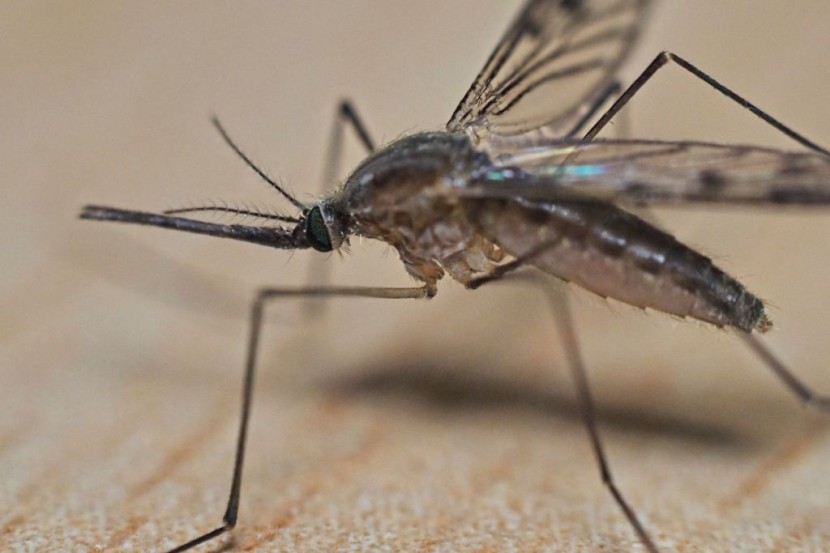
- New mosquito species invades Florida counties
- The new type of insect, known as Culex lactator, remains mysterious as to how it got to the state
- It joins other mosquito species, particularly the deadly aedes aegypti, which can transmit Zika and Dengue
Florida officials reported that a new mosquito species was discovered in the region and has been seen in three counties, raising concern among scientists about the potential threats they pose in transmitting diseases.
The new mosquito species, also known by its scientific name, Culex lactator, was first discovered in Miami-Dade County in 2018. The finding was made when UF/IFAS faculty members were trying to look for other non-native mosquitoes. The new breed was most recently found in Collier and Lee counties.
New Species of Mosquito Invades Florida
This was reported by faculty members from the UF/IFAS Florida Medical Entomology Laboratory in a study published in the Journal of Medical Entomology. In a statement, the study's lead author, Lawrence Reeves, who is also an assistant professor and mosquito biologist at the UF/IFAS research center in Vero Beach, said that there are roughly 90 species of mosquitoes that are currently known to be in Florida.
He argued that this particular list was still growing as more and more new species of mosquitoes were introduced to the state from other regions worldwide. He noted that mosquitoes are one of the most extensively studied insects in the world, as per Islander News.
Despite the studies, Reeves noted that many questions remain unanswered about the countless species of mosquitoes in the world. He said that this is true specifically for the species that thrive in tropical forests, where they are diverse and left understudied.
Reeves added that introductions of new species of mosquitoes, such as the most recent finding, could raise concerns due to the greatest mosquito-related issues being from non-native mosquitoes. Particularly, in cases such as this, it could be difficult to expect what comes next when there is so little information about the insects.
Because there are more than 3,600 species of mosquitoes worldwide, there are slim chances of figuring out exactly what type made Florida its new home. But Reeves and his team used DNA analysis to determine that there was a new species in the area, which they concluded was Culex lactators.
Read Also : COVID-19 Origin Investigations Update
Deadly Transmittable Diseases
According to Axios, he warned that people need to be vigilant about introducing new mosquito species in an area because these creatures could bring new diseases.
One of the biggest questions surrounding the newly discovered mosquito species in Florida is how it even got into the region in the first place. Culex lactators need their eggs to stay wet for the incubation, unlike common Aedes aegypti mosquitoes. If this condition is not met, the eggs will dry out and die.
Reeves' initial theory about this factor is that the insects were blown by powerful winds north of Mexico and South America. The new species joins aedes aegypti, which is known to bring some of the deadliest diseases among mosquitoes, notably Zika, Dengue, and Chikungunya.
This particular mosquito species is considered the deadliest creature on the planet, having a higher kill count than any other animal that humans know of anywhere across the planet, said the Miami Herald.
Related Article: E. Coli Contaminated Meat Linked to Urinary Tract Infections
© 2025 HNGN, All rights reserved. Do not reproduce without permission.








